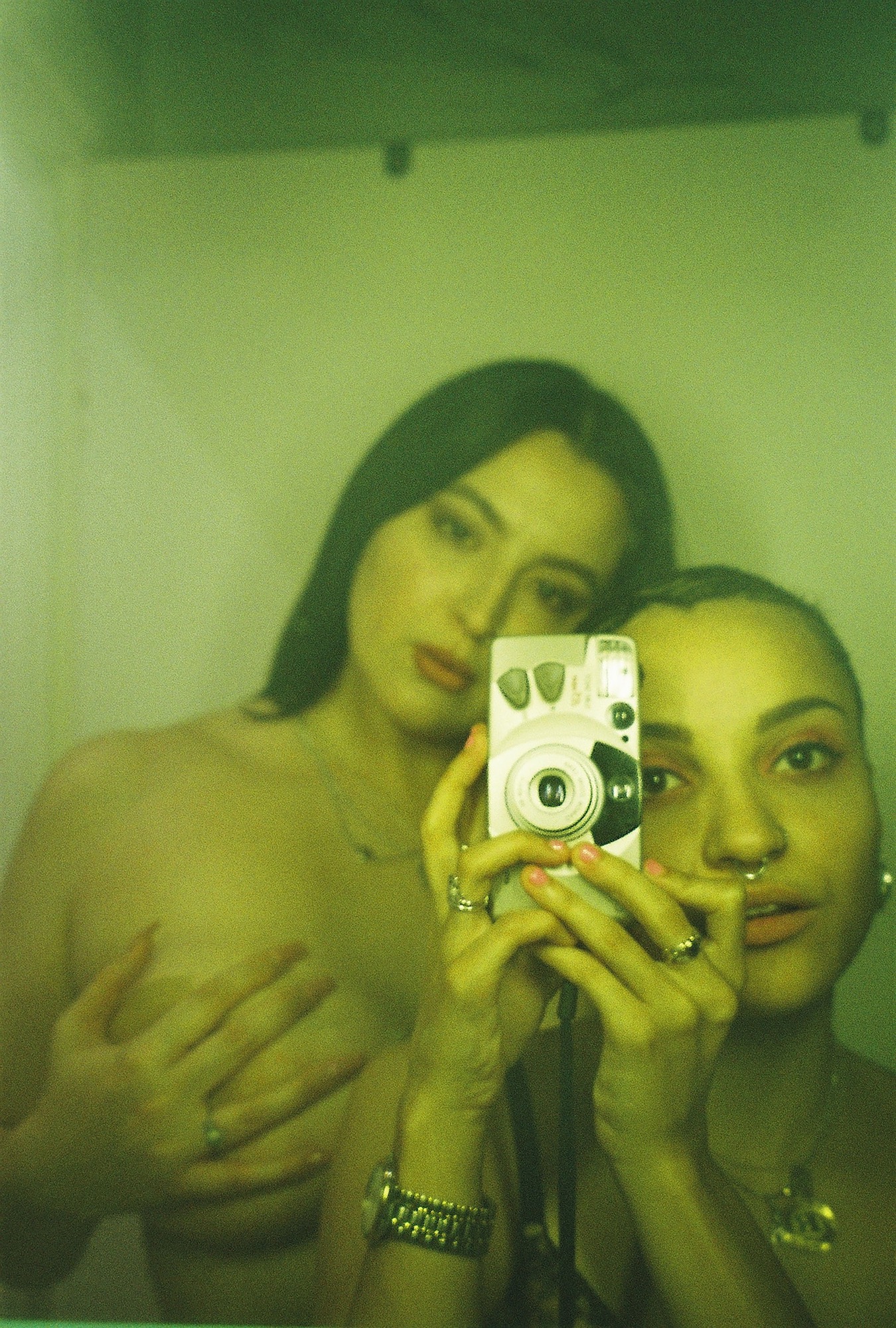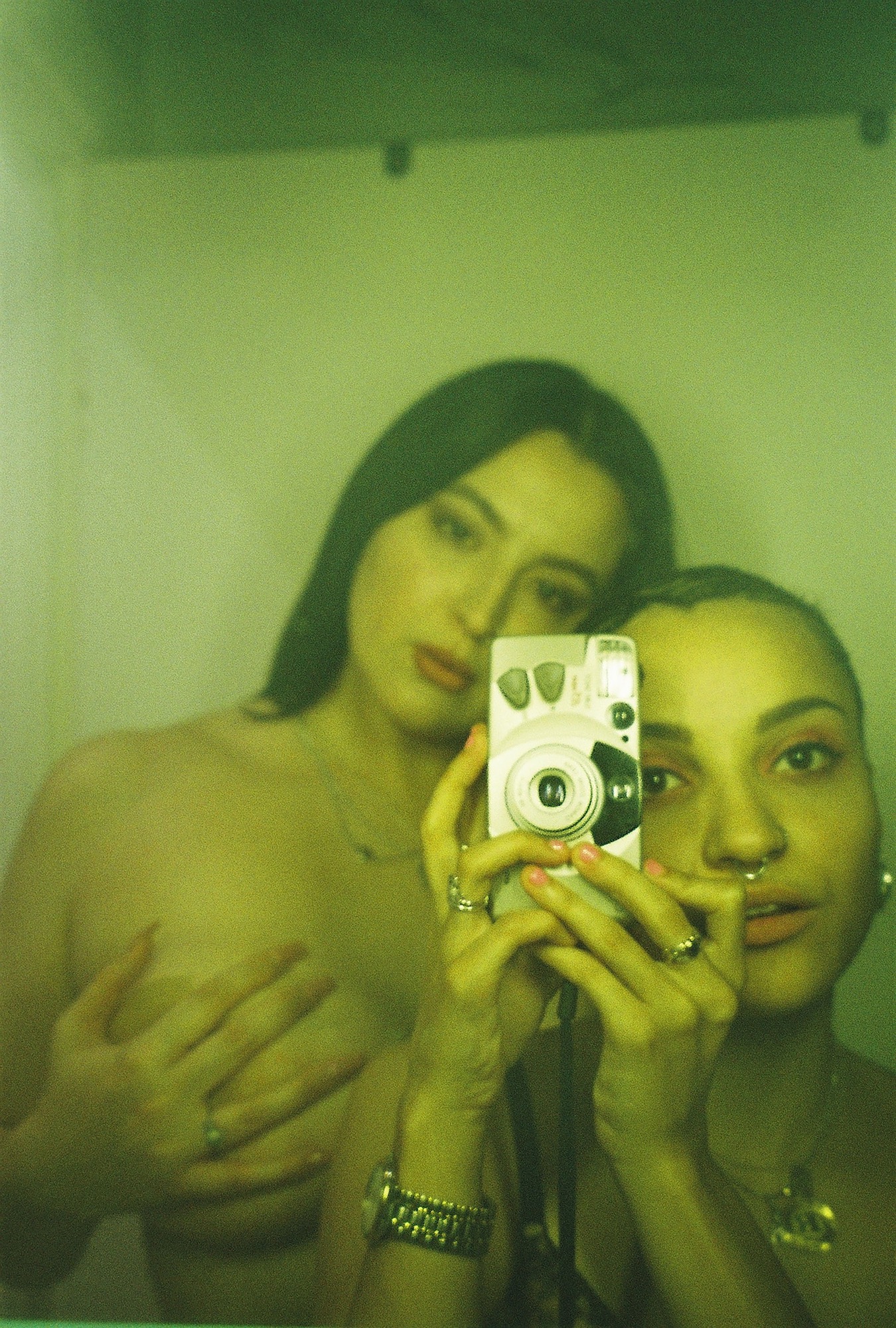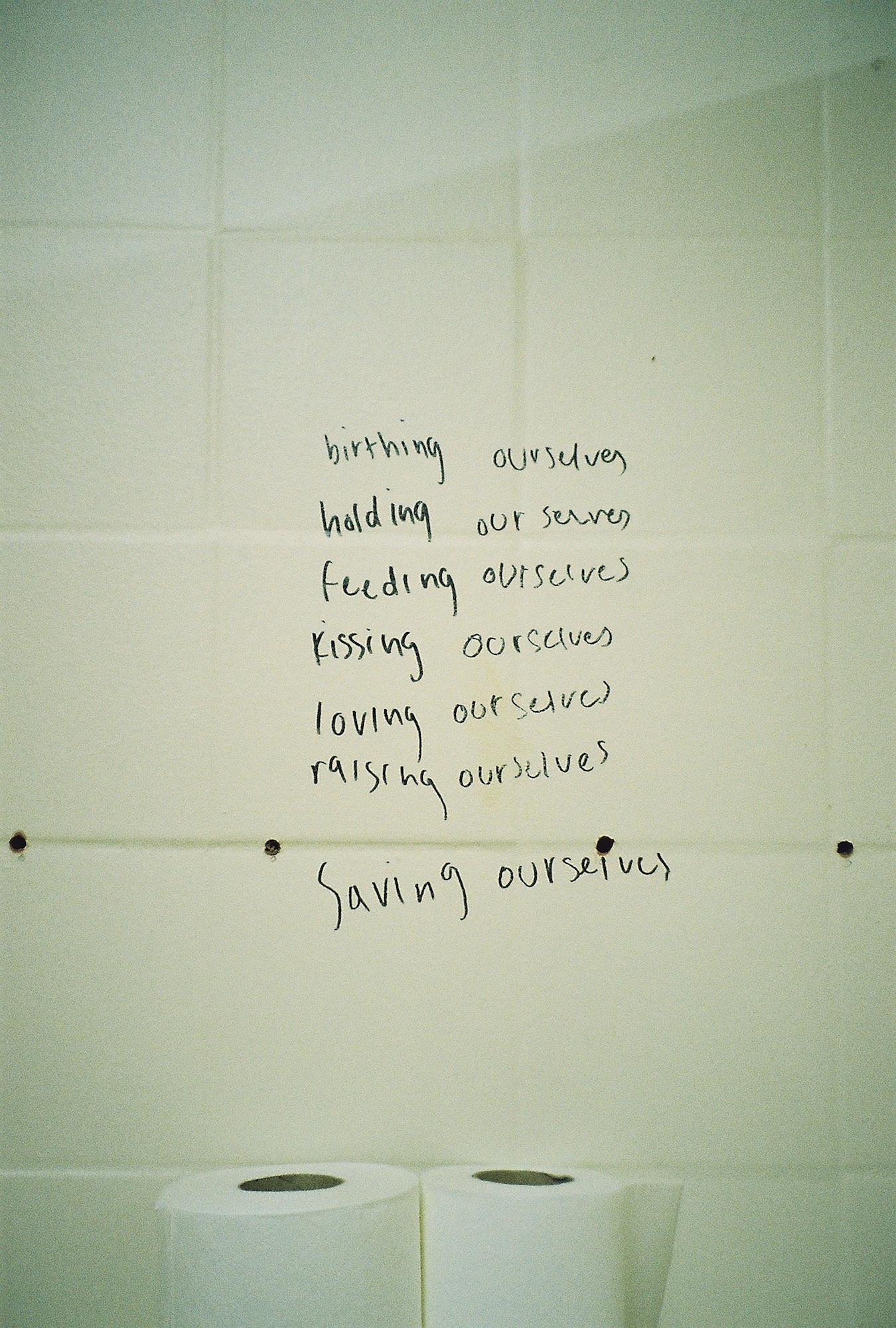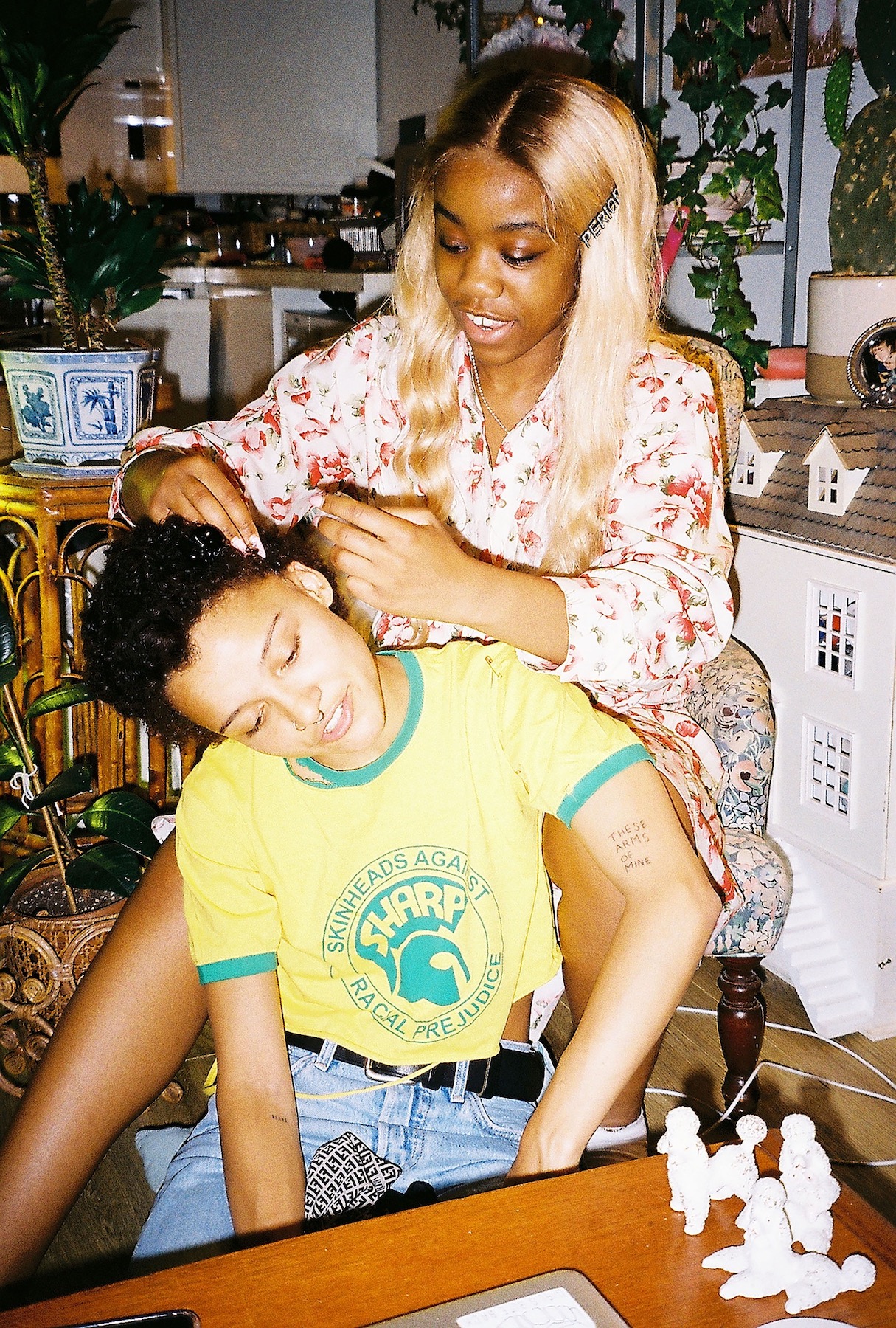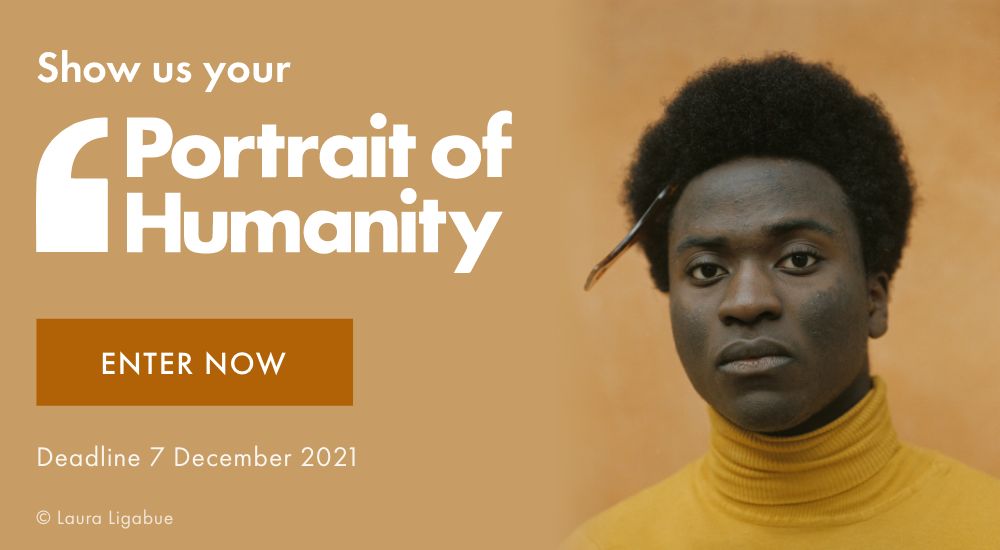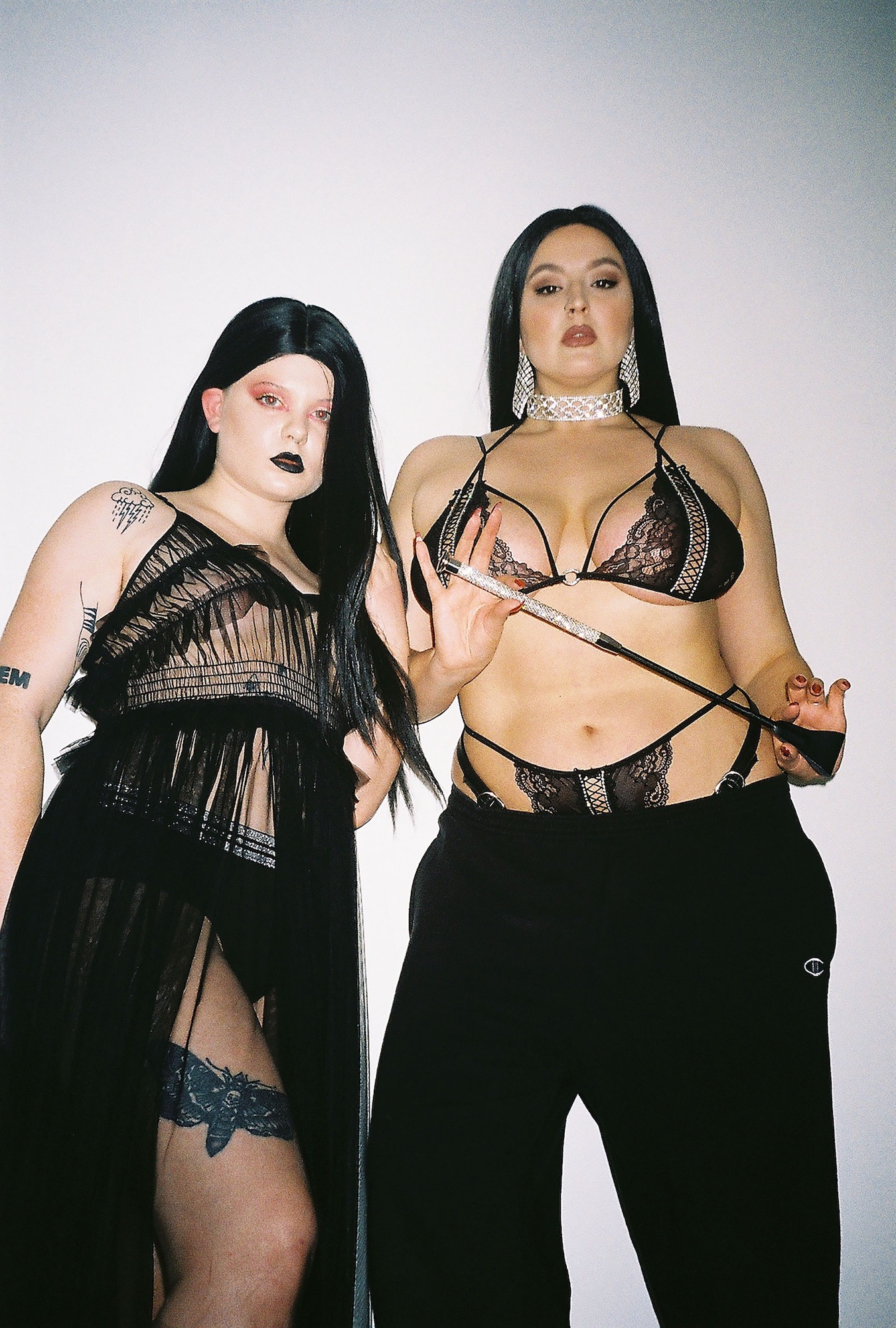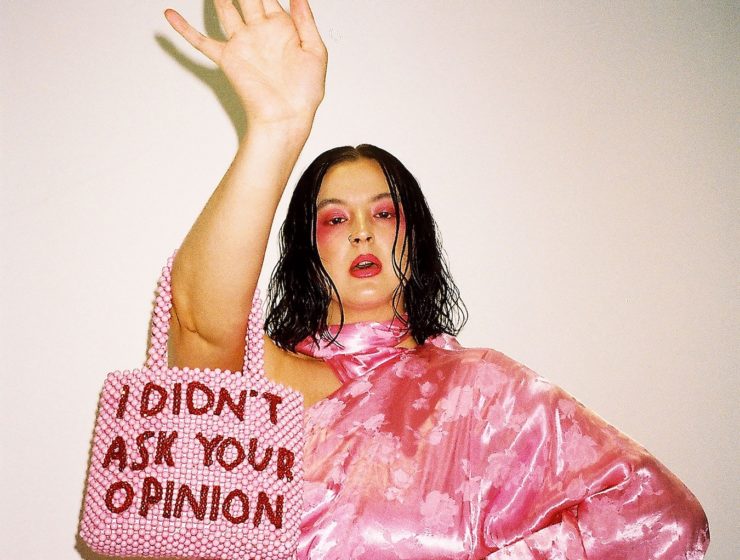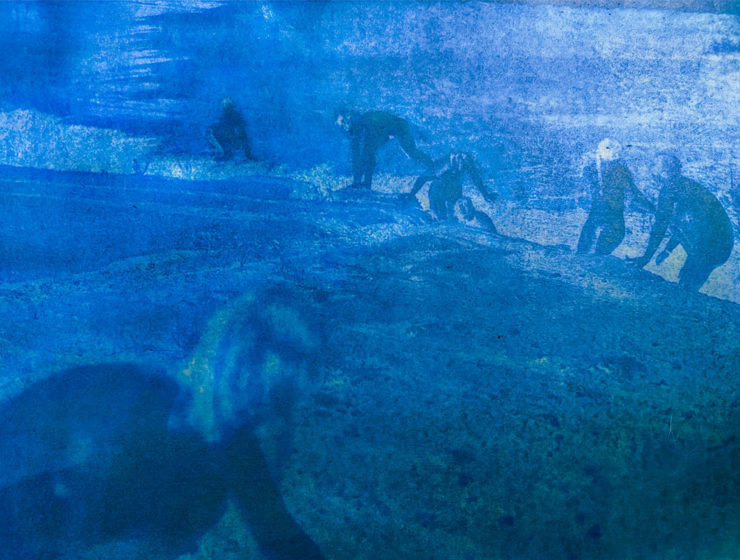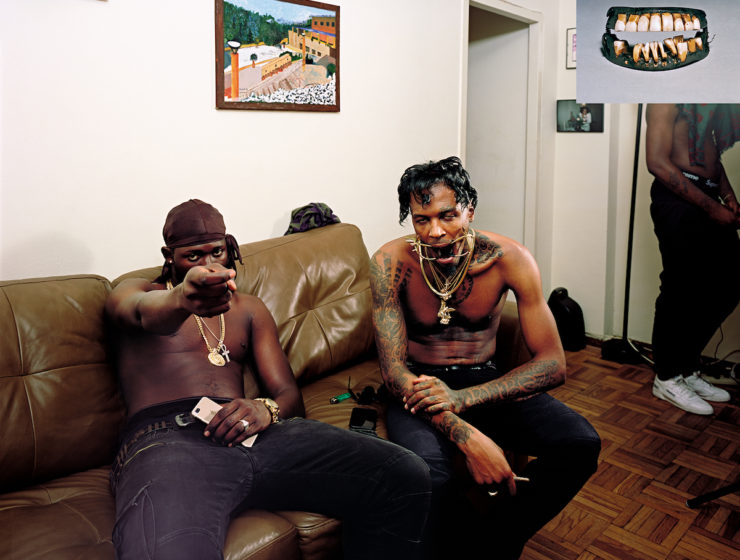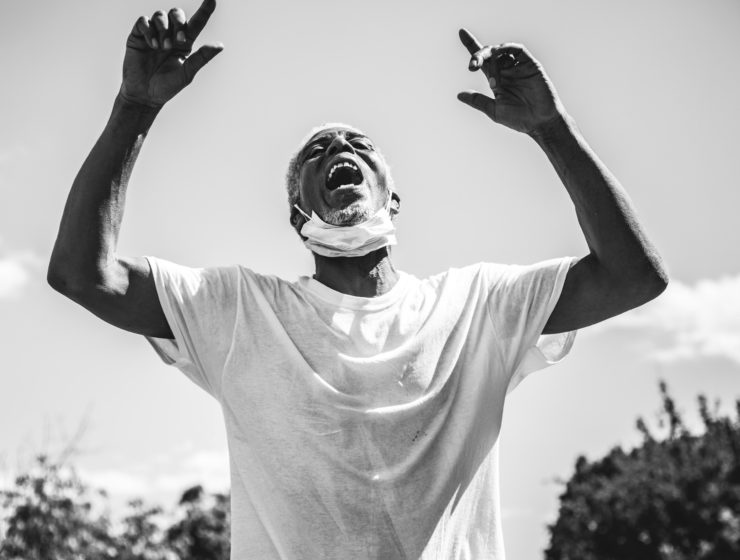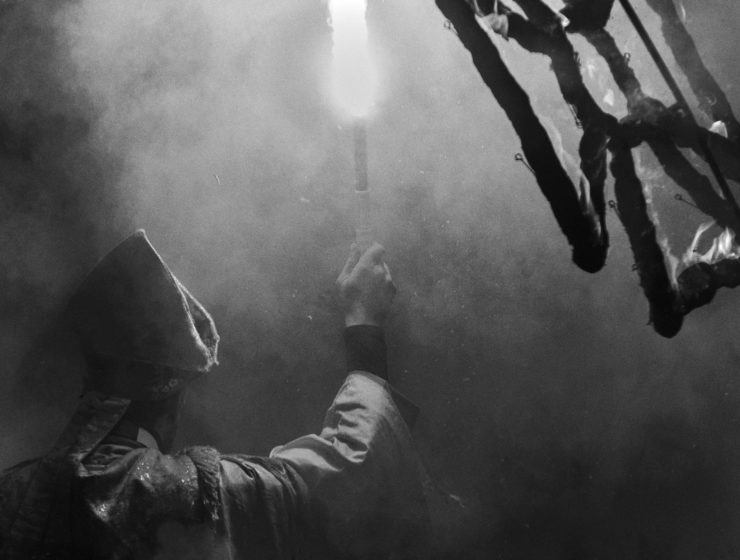This article is printed in the latest issue of British Journal of Photography magazine, Activism & Protest, delivered direct to you with an 1854 Subscription.
Far removed from the patriotic flag-waving that lays claim to the country, Rene Matić’s love letter to their Black, Brown and queer community offers an alternative vision of Britishness. Defiant and sincere, its very existence makes it an incidental voice of protest
In early 2018, Rene Matić picked up an old point-and-shoot camera that had been lying around the house for years. “I didn’t even know if it worked,” says the visual artist over Zoom on a sunny morning in mid-September. Matić’s artistic practice has predominantly existed within the realms of sculpture, installation and moving-image, and they describe their endeavour into photography as an “accident” – an experiment without foresight of where it would lead. Three years later, a book, titled Flags for Countries That Don’t Exist but Bodies That Do, brings the series of images together. From the first time Matić tested the camera, up until the present day, a cohesive narrative has formed out of the messiness of life.
“As someone who’s always looking for where I’ve come from, it was like, OK, so that’s not possible… [This book] is where I’ve come from. And when we’re older, we’ll look back and be like, ‘That’s where we came from’.”
Through the three-year period, we bear witness to a testimony of a life lived. Matić takes us into intimate moments of private exchanges shared between family (both chosen and blood). In Chiddy Doing Rene’s Hair (2019), Matić’s good friend Chidera – who is a regular feature – carefully holds the root of Matić’s curls as she braids their hair, an indicator of the unspoken trust that lies between them. Matić appears with their dad several times, revealing a resemblance in the way they hold their faces; a recognition of the impulse to self-archive, which exists in second and third generation migrants whose family ephemera may have been lost in transit.
“My dad doesn’t have any pictures of himself when he was younger, and the Black side of my family has no pictures because they moved around so much in England, when they couldn’t get a permanent place to stay. So my granddad was constantly packing up, and things got left behind,” Matić explains. “As someone who’s always looking for where I’ve come from, it was like, OK, so that’s not possible… [This book] is where I’ve come from. And when we’re older, we’ll look back and be like, ‘That’s where we came from’.”
In the book, there are many images of Matić’s partner, Maggie. Maggie in bed, looking up at Matić and smiling, the word ‘GAY’ emboldened across their chest. Maggie and Matić, mid-caress in the kitchen, with Maggie holding the camera. Maggie at home, black hair fashioned in a flick with red lipstick on, reminiscent of old Hollywood glamour. Maggie dressed to the nines, whether as a vampire on Halloween, in a white corset and a flamingo-esque cardigan, or a pink silk kimono dress, matching eye make-up and a beaded handbag.
Noted by Hannah Black in the book’s introduction, the key signifier of the passage of time is Maggie’s ever-changing hair colour: “From platinum with dark roots to glossy black to orange.” A whole marriage unfurls in front of our eyes and as a viewer, we are invited into relatively unseen quotidian rituals of love. “Maggie is just this continuous, evolving thing in my life that I get to watch at all times,” says Matić. “It is strange that sometimes I would want to put a full stop to some of those looks or some of those hairdos. Maybe it’s this moment of feeling overwhelmed by what I’m experiencing. You definitely know that you took a second to recognise that what you were looking at was worth something.”
Simultaneously, the chaos of the world reverberates behind the scenes. A shift occurs in 2020, with signs thanking key workers and a self-portrait of Matić jumping around, banging a pan with a wooden spoon. Crowded images of people with handmade signs, fists raised, indicate last summer’s Black Lives Matter uprisings. “In this world – or the world of the book, let’s say – there are moments that can’t be ignored,” they say. Matić clearly felt an impulse to represent the momentous times we’ve been living through, but their protest images are distinct from others in the series.
Elsewhere, Matić tends to hone in on purposeful faces in close proximity. With the protest images, they “tried to use ones that were the least incriminating or had the least amount of recognisable faces”: an acknowledgement of how police use protest photographs to identify and convict people. Still, there is a symbiosis in how Matić’s love letter to their Black, Brown and queer community holds the internal language of protest. Here, they are defiantly living life fully in a country that attempts to incriminate their daily choices. “We go to protests to be among people who are like for like, and I think that that is what is similar about the other pictures where you’re in a living room, or you’re at a party. They’re all the same because you’re just there to be around and to create a world or a space or a country in a room that you can exist in, not even necessarily safely, but just proudly, maybe.”
Love, intimacy and community
Matić’s series is unified by a preoccupation with anti-symbolism. Their communal space does not recognise boundaries, borders and countries. Still, patriotic references sneak in. On a trip to Skegness, Lincolnshire, on VE Day, Union Jacks and St George flags permeate the photographs. Reflecting on that day, Matić muses that while we have come to identify flags with performing a reclamation of Empire, they are still just that: performances. “Maggie and I were walking around Skeggy, because it was lockdown and we had nothing to do, and there was this weird hyper display of trying to claim back Britishness. And yet here was this lesbian couple walking through this scene. It felt like we were in a film,” they say. “It just goes to show that the display of Britishness is not real; it’s theatrics. And actually what was real was Maggie and I walking through it.” The most vivid portrayal, in the world of Matić’s books, is what they describe as “this overwhelming sense of love, intimacy and community”. When held up against the veracity of tenderness, all the oppressive forces begin to lose definition. “The big moments, like BLM or Covid-19, felt so crazy and emotional, but actually if you look at them in the book, they fall away. The presence of people and love comes forward. I think it’s a nice reminder that this will continue to be stronger, whatever we go through.”
Something I recognise intimately as a mixed race person is what Matić resists throughout the series: the ways in which Britain attempts to deny our existence, and flatten the multiplicity of our lives with jarring reminders that we don’t really belong here. So, when we talk of protest images, there is meaning to a photograph of discarded Union Jack and St George flags, stuffed down the front of Nike track-pants, against an exposed brown tummy. And there is defiance, too, in the image of Maggie, dressed all in pink in a decided act of pleasure, purposefully holding out a bag which reads, ‘I DIDN’T ASK YOUR OPINION’.
When Matić picked up a camera at the start of 2018, it was with no specific purpose or direction. Whereas their usual creative process involves a questioning of ‘what am I saying?’ or ‘what is this countering?’, this series is simply a glimpse behind the closed doors of Matić’s world. “That’s the best part about it, we’re not doing anything other than just continuing amongst this chaos,” they say. “And actually, it’s not a sad story at all, most of the time, because… well, look at us.”
The post Rene Matić: “This book is where I’ve come from” appeared first on 1854 Photography.
